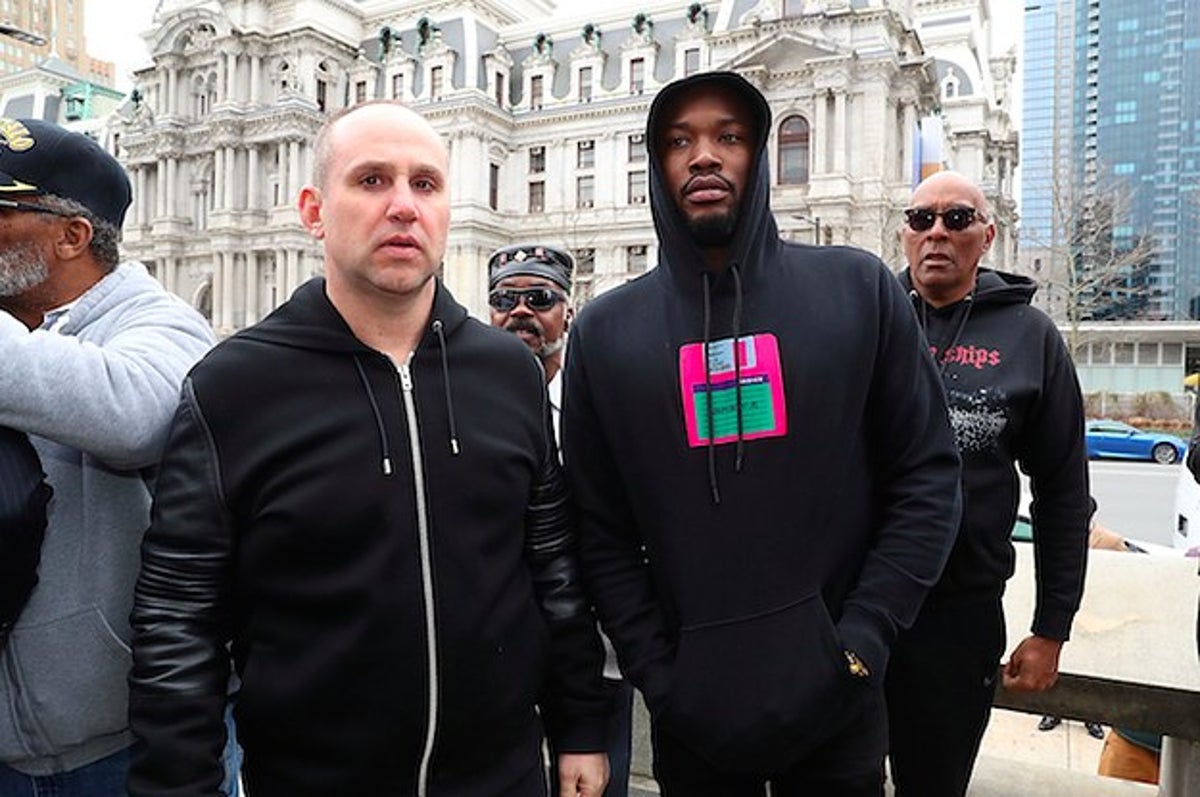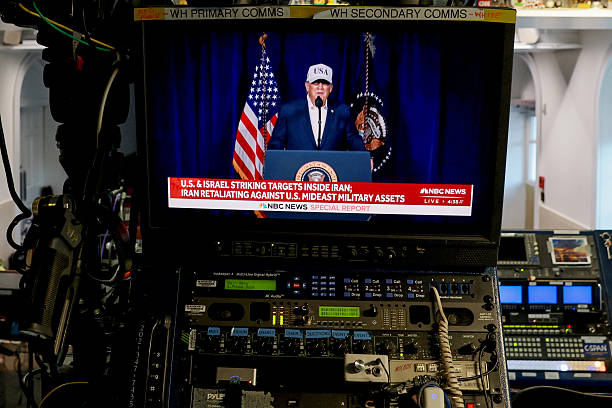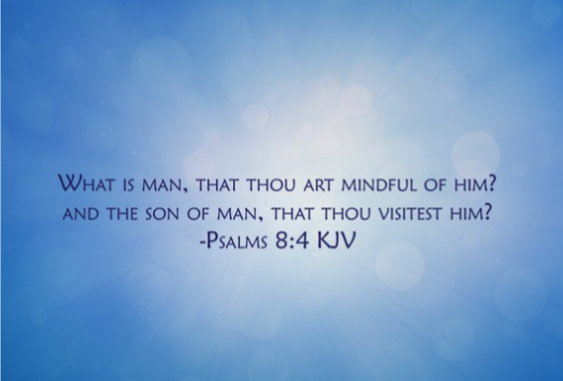(ThyBlackMan.com) In the ever-evolving landscape of hip-hop, friendships and alliances often play a significant role in shaping public perception. One such friendship that has been under the microscope lately is that of Meek Mill and Michael Rubin, the billionaire CEO of Fanatics. The two have been close friends for years, with Rubin frequently showing support for Meek during his legal battles and other public struggles. However, recent comments made by Rubin during an interview on The Breakfast Club have sparked a heated debate, with many questioning Meek Mill’s response and his apparent willingness to stand by his friend, even when the latter’s statements may not sit well with the Black community.

The Controversial Interview
Earlier in the week, Michael Rubin made an appearance on The Breakfast Club, one of the most influential platforms in urban media. Hosted by Charlamagne Tha God, DJ Envy, and Angela Yee, the show has a reputation for bringing out unfiltered conversations, often leading to viral moments. Rubin’s interview was no different, but this time, the viral moment was not a positive one.
During the interview, Rubin touched on various topics, including his annual all-white Fourth of July bash, his business ventures, and, notably, his friendship with Meek Mill. However, it was his comments about Black culture that set off alarms. “Look, I’m just being blunt. It’s me. It’s the one thing I’ve learned about Black culture that I don’t like is that Black hate on hate,” Rubin stated, causing an immediate stir.
Charlamagne Tha God, never one to shy away from difficult questions, pressed Rubin to elaborate. Rubin continued, “I think there’s a little bit of Black culture where it’s Black hate on hate. It’s like that Black judge that Meek had, that hated on him and wanted to go extra hard on him. Okay. It’s what people always say to me. It’s like Black hate on hate, so I think it’s terrible. It’s something that I think is culturally wrong and I’ll probably get killed for saying this.”
Rubin’s use of Meek Mill as an example was particularly striking. He referred to the judge who presided over Meek’s highly publicized probation violation case, implying that her harsh treatment of Meek was a result of “Black hate on hate.” Rubin’s comments, coming from a white man, were bound to be controversial, but the fact that he felt comfortable enough to say them out loud — and on a platform as influential as The Breakfast Club — added an extra layer of complexity.
Meek Mill’s Response: Loyalty or Misjudgment?
As expected, Rubin’s comments did not go unnoticed, particularly within the Black community. Social media was ablaze with reactions, many of which were critical of Rubin for speaking on issues within Black culture from an outsider’s perspective. Yet, amid the backlash, Meek Mill’s response, or rather his lack of direct condemnation, has been equally perplexing.
Meek Mill took to Twitter to address the situation, though his message seemed to be more of a defense of Rubin than a critique. “Rubin shouldn’t be saying that type stuff out loud… a black man suppose to but nobody saying it,” Meek tweeted. “It’s like we only collab on songs, women, and parties… he be hearing my friends getting murdered like why Meek, I can’t explain it to him in a sensible way!”
Meek’s tweet, while acknowledging that Rubin may have crossed a line by making such comments publicly, also seemed to suggest that Rubin’s observations were not entirely off-base. The rapper’s response was met with a mixture of confusion and disappointment, with many fans questioning why Meek appeared to be defending Rubin rather than standing up against what some perceived as a condescending and inappropriate analysis of Black culture.
A Pattern of Defending White Allies?
This is not the first time Meek Mill has been seen standing by his white allies, even when their actions or words have sparked controversy. Meek’s relationship with Rubin has been well-documented, with Rubin often being portrayed as a savior-like figure in Meek’s life, particularly during his legal troubles. Rubin was one of the key figures behind the #FreeMeekMill movement, using his influence and connections to bring attention to what many saw as an unjust legal system that disproportionately targets Black men.
While Rubin’s support during that time was undoubtedly valuable to Meek, some critics argue that Meek’s unwavering loyalty to Rubin, and by extension, to other white figures in his circle, has sometimes led him to overlook or downplay problematic behavior. In the case of Rubin’s comments on The Breakfast Club, Meek’s reluctance to fully denounce his friend’s statements has only fueled this perception.
The rapper’s history of defending white allies is not limited to Rubin. Meek has also been known to speak highly of other white figures in the entertainment and business world, often emphasizing their loyalty and support for him. While there is nothing inherently wrong with appreciating the support of friends, regardless of race, some fans feel that Meek’s defense of Rubin in this instance crosses a line, especially given the sensitive nature of the comments.
The Debate Over Rubin’s Comments
Rubin’s remarks on Black culture have ignited a broader debate about who has the right to speak on issues within the Black community. Many critics argue that Rubin, as a white man, has no place making such sweeping generalizations about Black culture, particularly in a public forum. His comments about “Black hate on hate” have been seen by some as an oversimplification of complex issues within the Black community, and his use of Meek Mill’s legal struggles as an example has been viewed as exploitative.
On the other hand, there are those who believe that Rubin’s comments, while perhaps poorly phrased, were not entirely without merit. The issue of internalized racism and the ways in which it manifests within the Black community is a topic that has been discussed by Black scholars, activists, and thought leaders for decades. However, the consensus among many is that these are conversations that should be led by Black people, not by outsiders who may lack the lived experience and nuanced understanding needed to address such issues appropriately.
Fan Reactions: A Divided Response
The reaction to both Rubin’s comments and Meek Mill’s response has been divided, to say the least. On social media, opinions range from outright condemnation of Rubin for his remarks to disappointment in Meek for not taking a stronger stand.
“Michael Rubin really said that on The Breakfast Club like he was at a cookout. The audacity is wild,” one Twitter user wrote. “Meek Mill should’ve checked him on that instead of trying to explain it away.”
Another user tweeted, “Meek Mill always been a real one, but this ain’t it. Standing by your friends is cool, but not when they’re out here talking reckless about your people.”
However, not everyone is critical of Meek’s response. Some fans believe that Meek’s loyalty to Rubin is commendable, even if it’s not always popular. “Meek Mill standing by Michael Rubin shows he’s loyal to the core. Say what you want, but that’s a real friendship,” a supporter tweeted.
The Implications for Meek Mill
As the debate continues to rage on, it’s clear that this incident could have lasting implications for Meek Mill’s public image, particularly within the Black community. While Meek has long been seen as a champion for justice and an advocate for change, his response to Rubin’s comments has left some questioning where his true loyalties lie.
For an artist who has built much of his career on being a voice for the voiceless, particularly for Black men who have been wronged by the justice system, this situation presents a complex dilemma. On one hand, Meek’s loyalty to Rubin is understandable, given their close friendship and Rubin’s support during some of the darkest times in Meek’s life. On the other hand, there is a growing sense that Meek’s defense of Rubin may come at the expense of his connection with the community that has supported him from the beginning.
A Friendship Tested
The friendship between Meek Mill and Michael Rubin has undoubtedly been tested by this controversy. While it remains to be seen how this will play out in the long term, one thing is clear: Meek’s response to Rubin’s comments has sparked an important conversation about loyalty, race, and the responsibilities that come with being a public figure.
As the hip-hop community continues to grapple with these issues, it’s likely that Meek Mill will face continued scrutiny for his decision to stand by Rubin. Whether this will affect his career or his standing within the community remains to be seen, but for now, Meek Mill finds himself at the center of a debate that goes far beyond just one interview on The Breakfast Club.
In the meantime, fans and critics alike will be watching closely to see how Meek navigates this delicate situation and whether his loyalty to Rubin will ultimately strengthen or weaken his relationship with his fans and his community.
What are your thoughts on Meek Mill’s response to Michael Rubin’s viral Black community comments on The Breakfast Club? How do you feel about the Fanatics CEO making these remarks? We would like to hear what you have to say, so leave your thoughts in the comments. Additionally, always keep it locked in with us for all the latest news surrounding Meek Mill and Michael Rubin. Finally, stay with us for everything else going on in the music world.

















Leave a Reply